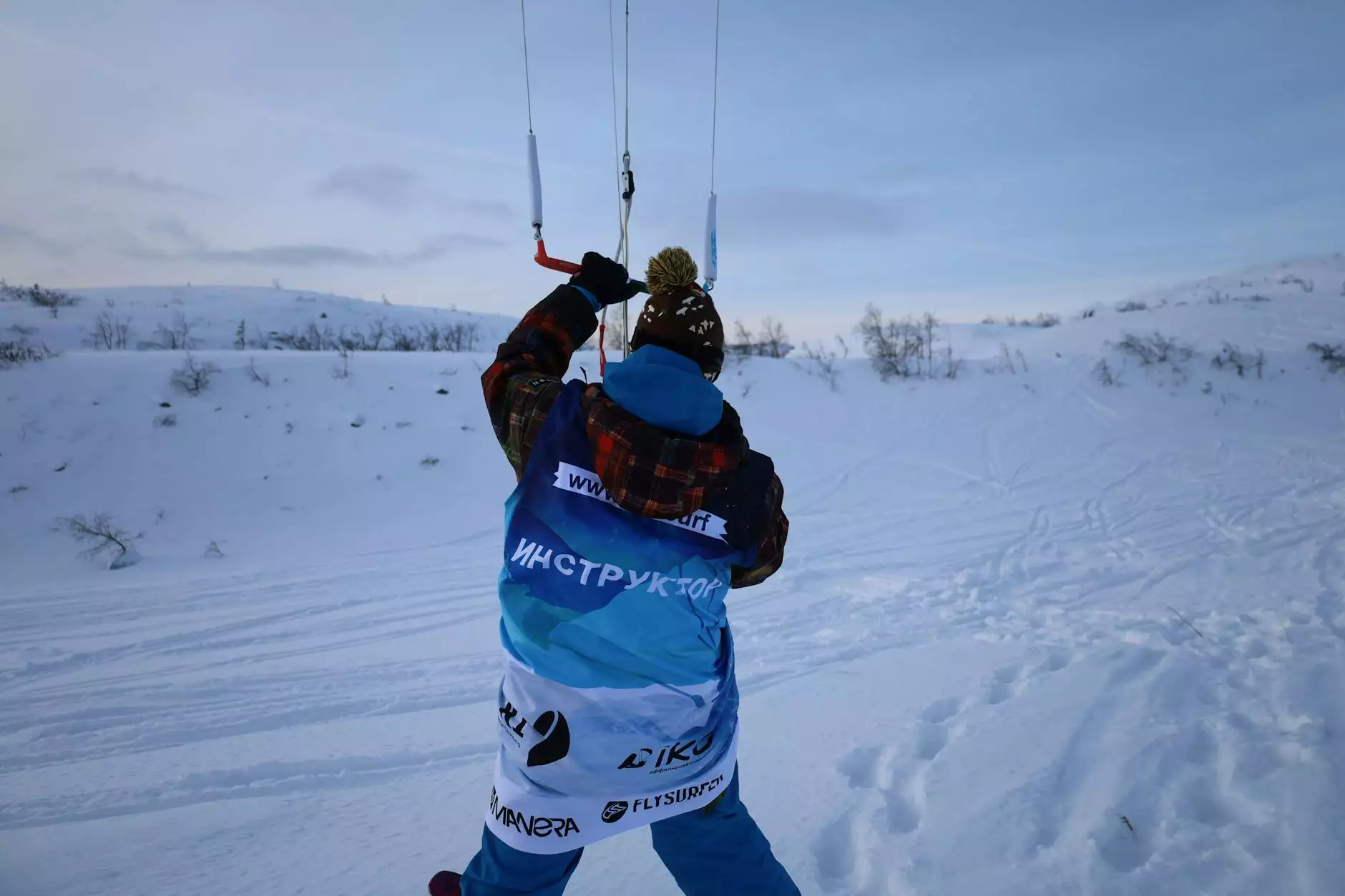Unlocking Team Potential: The Importance of a Team Development Training Programme

In today's fast-paced business environment, organizations must prioritize effective teamwork to thrive. A well-executed team development training programme can be the key to building a cohesive and high-performing team that meets the demands of modern challenges. This article explores the multifaceted benefits of investing in a comprehensive training program for your team, guiding leaders on how to enhance collaboration, improve communication, and ultimately drive business success.
Understanding the Need for Team Development
With the rise of remote work and diverse teams, collaboration has never been more critical. Companies that embrace a culture of teamwork often outperform their competitors in innovation, productivity, and employee satisfaction.
The Role of a Team Development Training Programme
A team development training programme focuses on enhancing the skills, processes, and relationships that are essential for effective teamwork. By providing structured training sessions, organizations can help their teams understand:
- Team Dynamics: Understanding how team members interact with one another and the impact of these interactions on performance.
- Communication Strategies: Developing effective communication skills that foster open dialogue and reduce misunderstandings.
- Conflict Resolution: Equipping teams with the tools to manage and resolve conflicts constructively.
- Goal Setting: Aligning the team with clear objectives that drive performance and accountability.
Key Components of an Effective Team Development Training Programme
The design of a team development training programme should be comprehensive, incorporating various elements that cater to different learning styles and team needs. Here are the critical components of an effective training program:
1. Assessment of Team Needs
Before implementing any training, it is essential to conduct a thorough assessment of the team's strengths and weaknesses. This step can include surveys, interviews, and performance evaluations to identify specific areas that need improvement. By understanding these needs, the training can be tailored to maximize effectiveness.
2. Interactive Workshops
Interactive workshops play a vital role in a team development training programme. These workshops should be designed to foster engagement and participation through:
- Group Activities: Hands-on exercises that require teamwork to complete tasks, encouraging collaboration.
- Role-Playing: Scenarios that allow team members to act out situations they may encounter, promoting empathy and understanding.
- brainstorming Sessions: Collaborative problem-solving activities that spark creativity and idea exchange.
3. Skill Development Sessions
A key focus of the training should be on developing essential skills such as:
- Effective Communication: Workshops focused on active listening, constructive feedback, and assertive communication.
- Emotional Intelligence: Training that helps team members understand and manage their emotions and respond to others' emotions.
- Leadership Skills: Sessions aimed at fostering leadership qualities within all team members, not just designated leaders.
4. Team Building Activities
Team building activities are an engaging way to strengthen bonds among team members. These activities can vary from outdoor adventures to problem-solving tasks that require collaboration. The goal is to break down barriers and foster trust and camaraderie.
Benefits of Implementing a Team Development Training Programme
Investing in a team development training programme yields numerous advantages for both individuals and organizations:
1. Enhanced Collaboration
Training programs facilitate better collaboration by promoting a culture of teamwork. Employees learn how to work synergistically, leading to improved project outcomes and a unified team effort.
2. Improved Communication
Effective communication is the cornerstone of any successful team. Training helps develop communication skills that streamline information flow and reduce the potential for conflict.
3. Boosted Employee Morale and Engagement
When employees feel invested in their growth through training, their morale and job satisfaction increase. Higher engagement levels lead to greater productivity and retention rates.
4. Increased Productivity
Teams that communicate and collaborate effectively often see a significant boost in productivity. A team development training programme aligns team members towards common goals, leading to faster and more efficient completion of tasks.
5. Innovation and Creativity
Diverse teams that work well together are more creative and innovative. Training programs can help unlock the creative potential within teams by fostering an environment where new ideas are welcomed and explored.
Choosing the Right Team Development Training Programme
Selecting the right programme is essential for achieving desired outcomes. Here are some factors to consider:
1. Customization
The best training programs are tailored to the specific needs of the team. Look for providers that offer customizable content based on your team's unique dynamics and challenges.
2. Experienced Facilitators
Instructors with real-world experience and expertise in team dynamics can make a significant difference in the effectiveness of the training. Check for their credentials and past success stories.
3. Evidence-Based Approaches
Effective training programs utilize evidence-based methodologies that are proven to enhance team performance. Research the techniques and frameworks used by the training provider.
4. Measurable Outcomes
Choose a programme that emphasizes measurable outcomes, allowing you to track progress and assess the impact of the training on your team’s performance.
Measuring the Success of Your Training Programme
After the completion of a team development training programme, it is crucial to measure its success. Here are some methods to evaluate the impact:
- Pre- and Post-Training Assessments: Conduct assessments to measure knowledge and skills before and after the training.
- Feedback Surveys: Collect feedback from participants to gauge their satisfaction and perceived effectiveness of the programme.
- Performance Metrics: Monitor team performance indicators to identify improvements in productivity, communication, and collaboration.
- Follow-Up Sessions: Organize follow-up meetings to discuss progress and reinforce key learnings from the training.
Conclusion
In an age where teamwork is paramount, implementing a team development training programme is an investment that can transform an organization's culture and performance. By focusing on enhancing collaboration, communication, and overall team dynamics, businesses can unlock their full potential.
At callofthewild.co.uk, we understand the importance of effective team development. Our tailored training programmes are designed to meet the unique needs of your team, promoting a culture of collaboration and continuous improvement. Explore our offerings today and take the first step towards building a more cohesive and successful team.









